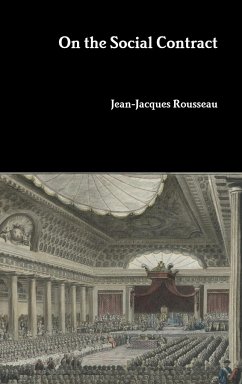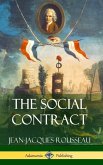'Man is born free, yet everywhere he in chains.' The famous opening of Rousseau's On the Social Contract has resonated across the centuries. In his seminal work, Rousseau argues that all government is fundamentally flawed, and that modern society is based on a system that fosters inequality and servitude. This new edition of On the Social Contract is a revised and updated version of the classic Cole translation presented in modern English.








